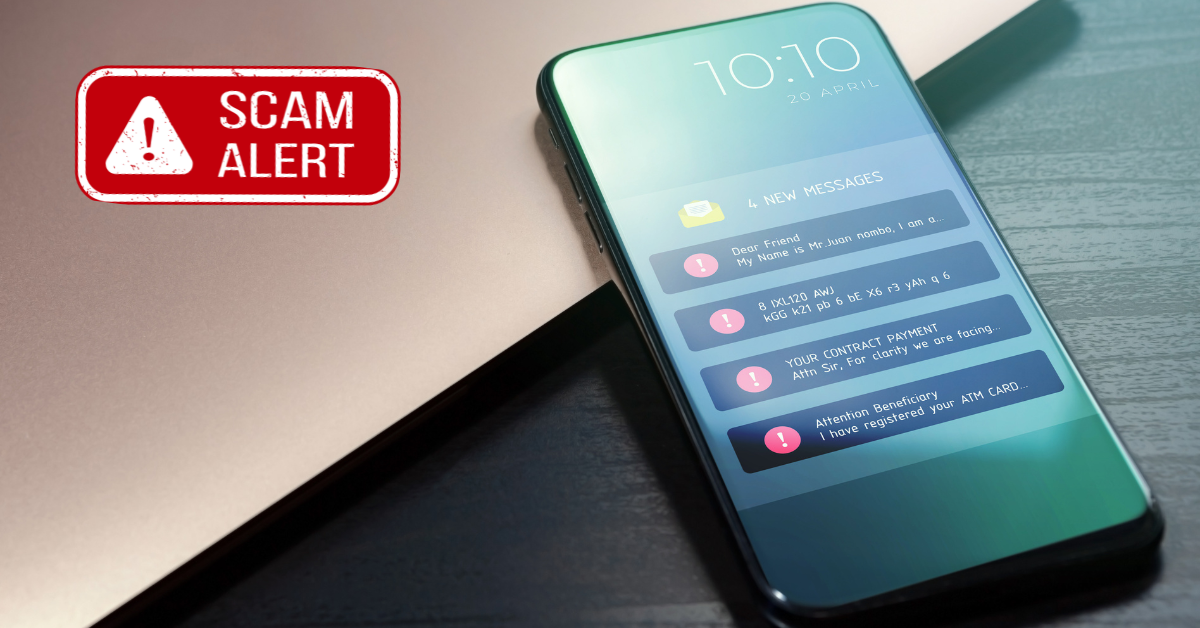
Scam text messages have become a growing concern in Michigan, with many residents receiving suspicious texts claiming to be from the Michigan Treasury Department. These messages often try to trick people into sharing sensitive information such as Social Security numbers or bank details. The state treasury has issued an important alert to help residents recognize and avoid these scams.
It is important for everyone, especially younger people who frequently use mobile phones, to stay informed about these types of fraud. By understanding the warning signs and knowing what steps to take, you can protect yourself and your family from potential financial loss caused by these deceitful text messages.
What Are These Scam Text Messages About?
The scam texts usually claim that there is an urgent issue relating to your taxes or refunds, encouraging you to click on a link or provide personal data immediately. According to the Michigan Treasury Department, these messages may say things like you owe money or there is an unexpected refund waiting for you. These are classic scams designed to make people panic and act without thinking.
Often, the fake messages look very real, using logos and language that mimic official Treasury communications. However, the department makes it clear that they will never request personal information via text. If you receive a suspicious message, it is best not to respond or click on any links.
How Can You Identify Scam Texts From the Michigan Treasury Department?
Knowing how to spot scam texts can save you from falling victim. Here are some tips:
- Check the sender’s phone number – Official messages will come from a government number or text code, not random mobile numbers.
- Look for spelling or grammatical errors – Scam messages often have mistakes, while official communication is carefully checked.
- Avoid clicking on any links – If you are unsure, visit the official Michigan Treasury website directly instead of using links from texts.
- Remember that the Treasury Department will not ask for sensitive details such as your Social Security number or bank information over text.
Steps To Take If You Receive a Suspicious Text
If you get a scam text, do not reply or provide any data. Instead, you can report the message to help authorities track these criminals. The Michigan Treasury Department recommends forwarding the message to their official fraud reporting number or email. You can also report scams to the Federal Trade Commission (FTC) website, a trusted resource for addressing fraud.
It is good practice to keep your phone’s security settings updated and consider blocking numbers that send suspicious messages. Discuss with your family and friends, especially older relatives, as they may be more vulnerable to such scams.
Protecting Yourself with Official Resources and Updates
For the latest updates and verified information, always rely on trusted sources. The Michigan Treasury Department website provides alerts and advice on avoiding scams. Additionally, the Federal Trade Commission’s Scam Alerts page is a valuable tool for recognizing and reporting fraud attempts.
Staying aware and cautious is your best defense against text message scams. Spreading this knowledge among your community can prevent many people from becoming victims. Remember, if something feels off or too good to be true, it’s always safer to verify before responding.
Conclusion: Stay Alert and Protect Your Information
Scam text messages pretending to be from the Michigan Treasury Department are a serious threat, but by following guidelines and staying informed, you can avoid falling into their traps. Always verify any communication through official channels and never share your private information via text.
Use the resources available and keep an eye on any unusual activity on your accounts. Protecting your personal data is important in today’s digital world, and a cautious approach will help keep you safe from scams. For further protection tips, you can visit the FTC advice on phishing scams.









